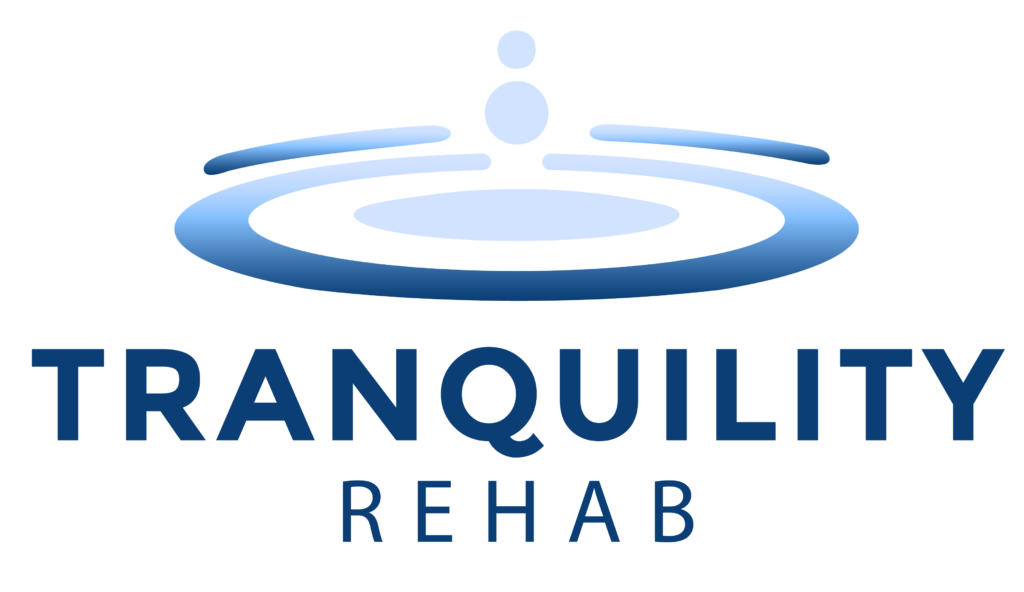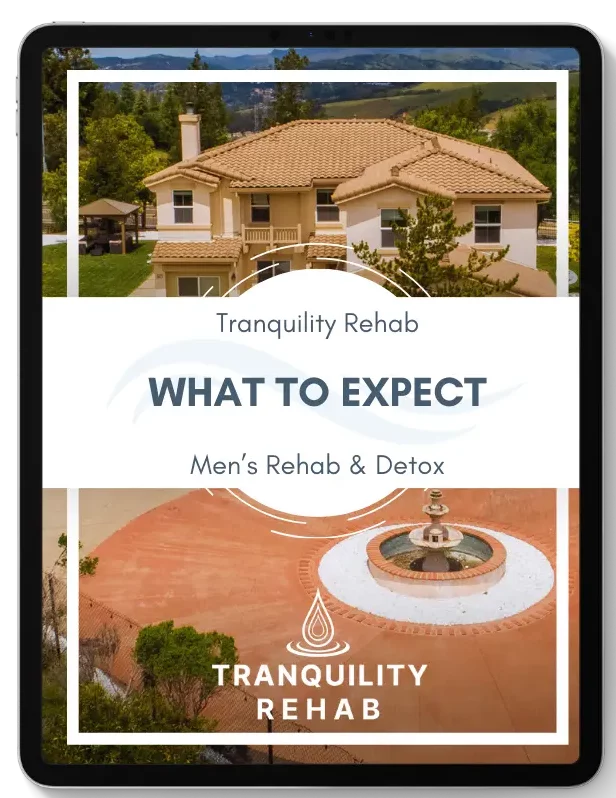Alcohol is woven into many aspects of our social and cultural lives, from celebrations to casual gatherings. While moderate drinking may seem harmless, it’s important to recognize the risks of alcohol dependence, a condition that can creep in gradually and have lasting impacts on one’s health and well-being. At Tranquility Rehab, we help people who struggle with alcohol dependence every day, but prevention is always the best course of action. In this blog, we’ll explore practical ways to avoid alcohol dependence and live a healthier, more balanced life.
What is Alcohol Dependence?
Alcohol dependence, also known as alcohol use disorder (AUD), is a condition where an individual feels unable to control their drinking. It’s marked by a physical and psychological need for alcohol. Dependence can develop over time, often starting with casual or social drinking, but progressing into a serious condition that disrupts daily life, relationships, and health.
Some signs of alcohol dependence include:
- Drinking more or longer than intended
- Feeling unable to cut down or stop drinking
- Experiencing withdrawal symptoms (e.g., sweating, anxiety, shaking) when not drinking
- Continuing to drink despite negative effects on health or relationships
While alcohol dependence is treatable, the best way to protect yourself is by preventing it from developing in the first place.
Tips for Avoiding Alcohol Dependence
Here are some effective strategies to help you maintain a healthy relationship with alcohol and avoid dependence.
Set Limits on Drinking
A crucial first step in preventing alcohol dependence is setting clear boundaries for yourself. The National Institute on Alcohol Abuse and Alcoholism (NIAAA) provides guidelines for what is considered moderate drinking:
- For men: No more than two drinks per day.
- For women: No more than one drink per day.
Understanding these limits can help you stay within healthy drinking patterns. If you find yourself regularly exceeding these guidelines, it may be a sign to reassess your drinking habits.
Practice Mindful Drinking
Mindfulness can be a powerful tool in managing your drinking habits. By staying aware of how much and why you’re drinking, you can make more intentional choices. Ask yourself:
- Why am I drinking? Is it to socialize, relax, or escape stress? Identifying the reasons behind your drinking can help you address underlying issues and find healthier alternatives.
- How much am I drinking? Keep track of how many drinks you have in a given week to stay within the recommended guidelines.
Practicing mindful drinking can prevent alcohol from becoming a reflexive response to stress or emotions, which can lead to dependence.
Learn to Cope with Stress in Healthy Ways
Many people turn to alcohol as a way to cope with stress, anxiety, or difficult emotions. While alcohol may offer temporary relief, it can quickly lead to dependence if used as a coping mechanism. Instead, find healthier ways to manage stress, such as:
- Exercise: Physical activity is a great stress reliever and boosts your mood naturally.
- Meditation and Mindfulness: These practices can help calm the mind and reduce anxiety.
- Talking to Someone: Sometimes, the best way to cope is by opening up to a friend, family member, or therapist.
Finding positive outlets for stress can prevent you from using alcohol as a crutch.
Avoid Drinking to Cope with Emotions
Using alcohol to numb negative emotions like sadness, anger, or frustration is a common pathway to dependence. Instead of turning to alcohol when emotions run high, consider these healthier strategies:
- Journaling: Writing down your thoughts and feelings can help you process emotions in a constructive way.
- Creative Outlets: Whether through art, music, or writing, expressing emotions creatively can be incredibly healing.
- Seek Professional Help: If you’re struggling to manage your emotions, don’t hesitate to reach out to a therapist or counselor for support.
By addressing emotions head-on, you can avoid relying on alcohol as an emotional escape.
Surround Yourself with Supportive People
Your social circle plays a big role in shaping your drinking habits. Surround yourself with people who respect your boundaries and encourage healthy behavior. Peer pressure or social norms that encourage heavy drinking can increase your risk of developing unhealthy habits, so it’s important to:
- Communicate Your Boundaries: Let your friends and family know if you’re trying to cut back on drinking or avoid alcohol altogether.
- Choose Activities That Don’t Involve Alcohol: Explore hobbies and social events that don’t center around drinking, such as hiking, fitness classes, or creative workshops.
Building a supportive environment can make it easier to maintain healthy drinking habits.
Know When to Say No
One of the simplest yet most powerful tools for avoiding alcohol dependence is learning to say no. Whether it’s at a party, dinner, or social gathering, being comfortable with declining a drink is crucial. You don’t need to explain yourself or feel pressured to drink just because others are.
If you feel uncomfortable saying no, try using polite but firm responses like:
- “No, thank you.”
- “I’m good with water for now.”
- “I’m taking a break from drinking.”
Being assertive about your boundaries can help you stay in control of your drinking choices.
Be Aware of Family History and Risk Factors
Some people may be more susceptible to alcohol dependence due to genetic or environmental factors. If you have a family history of alcohol use disorder, it’s important to be aware of your increased risk. This doesn’t mean you’re destined to develop dependence, but it’s a good idea to stay mindful of your drinking habits and take extra precautions.
Similarly, individuals who struggle with mental health issues, such as depression or anxiety, may be more likely to use alcohol as a form of self-medication. Seeking treatment for underlying mental health conditions can significantly reduce the risk of alcohol dependence.
When to Seek Help
Even with the best intentions, some people may still find themselves struggling to control their alcohol intake. If you notice any of the following signs, it may be time to seek professional help:
- You find it difficult to cut back or stop drinking.
- Drinking is interfering with your work, relationships, or health.
- You experience withdrawal symptoms when you try to stop drinking.
At Tranquility Rehab, we offer compassionate, evidence-based treatment for those struggling with alcohol dependence. Our personalized programs help individuals regain control of their lives and develop healthier coping mechanisms, offering a path to lasting recovery.
Take Control of Your Relationship with Alcohol
Preventing alcohol dependence is about staying mindful of your drinking habits, managing stress in healthy ways, and creating a supportive environment that encourages moderation. By taking these steps, you can enjoy alcohol responsibly and reduce your risk of dependence.If you or a loved one is struggling with alcohol use, reach out to Tranquility Rehab today. Our expert team is here to help guide you on the path to a healthier, alcohol-free life.


